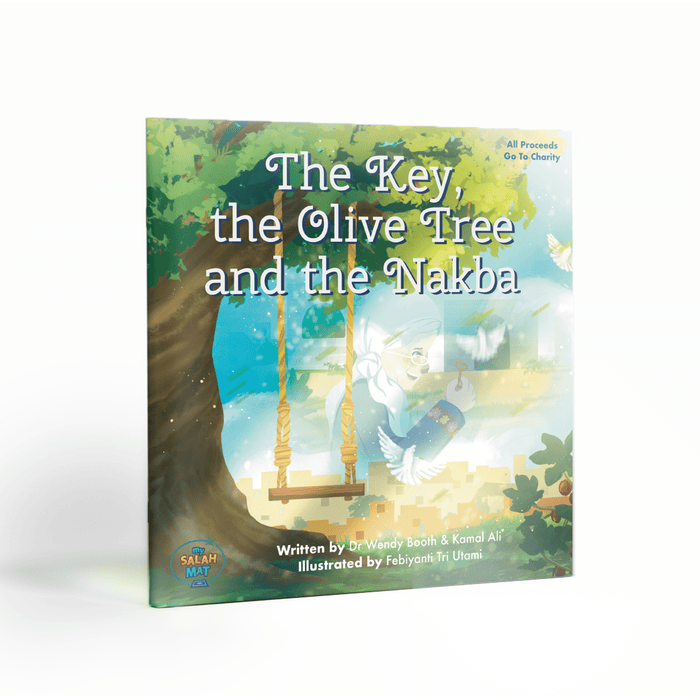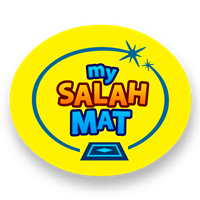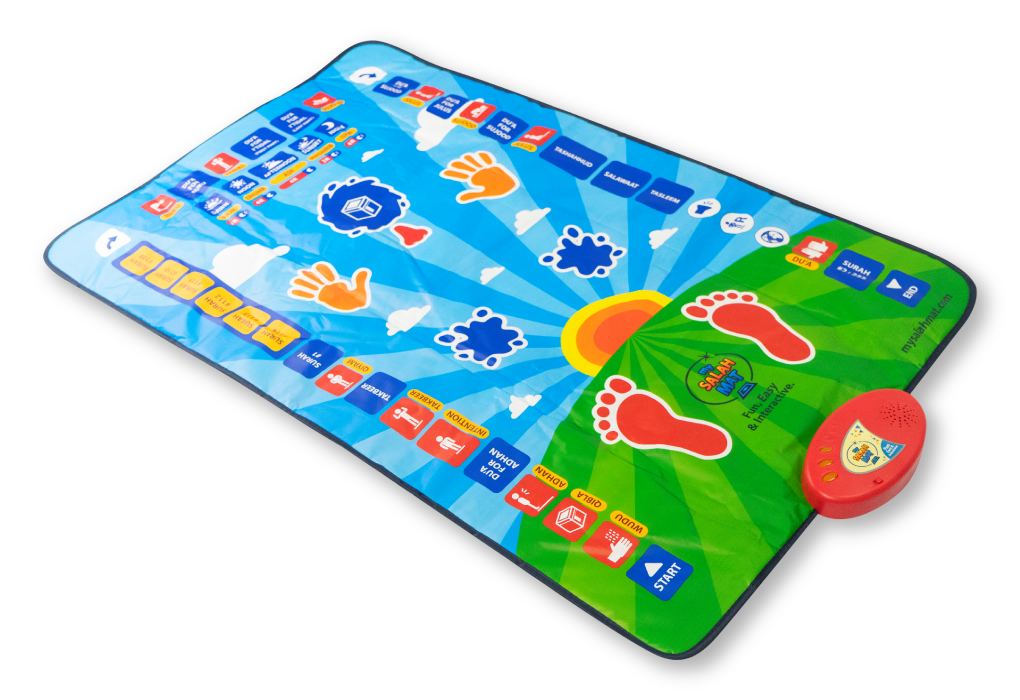They Key, the Olive Tree and the Nakba | How We Created A Children’s Book For Charity

They Key, the Olive Tree and the Nakba, is our newest book for children. After the success of previous books Train Ride to Al-Aqsa and Ramadan In Space, we wanted to create a new book that tells the story of the struggles Palestines have been through, and still go through today. Palestine is always in our Duas, and we wanted to create a story that could educate children about the recent political history of Palestine, told in a child-friendly way.
The story features our two recurring characters - Hamzah and Maryam - as they journey to Amman in Jordan where they meet Reem and her grandmother. Here, they learn more about the history of Palestine and the beautiful house with a swing under the olive tree. They then learn about the Nakba, explained in a way that is easy to understand for children.
The story is co-written by Dr. Wendy Booth, an author and lecturer at the University of South Wales, and Kamal Ali, the inventor and CEO of My Salah Mat. It also features beautiful, vivid illustrations by Febiyanti Tri Utami - who combines her artwork to create a story that is both memorable and educational.

We created this story in response to the current tragedy happening in Palestine. The sheer loss of life has been heartwrenching to observe, and we wanted to find some way - no matter how small - to help the people who are losing their homes, health, and loved-ones. We are proud to say that this book raised £10,000 for people in Palestine so far. This money has been donated to the MATW Project, a charity who will use it to directly help the people of Palestine.
One of the difficulties in creating this book was how we could approach a difficult topic like the Nakba. The Nakba, literally meaning ‘large-scale catastrophe’ first happened in 1948, with another occurring in 1967. With the current tragedy in Gaza, a third has begun in 2023. During each Nakba, many Palestinians have been killed and forced to leave their homes. This is not a subject that you can easily explain to children and has to be approached with the utmost care.
So we devised a plot where our established characters, Hamzah and Maryam, go to visit a Palestinian refugee family living in Amman in Jordan. From here, they are introduced to the idea of the Nakba, first believing it to involve monsters, before Reem’s Grandmother gently explains to them that there are no actual monsters, only humans who do terrible things. We have also used the loss of the family’s house with the olive tree as a way of articulating the sorrow and heartbreak many Palestinians have experienced having to leave their homes, and as the result of lost loved ones.

We want to highlight that this book is all about giving. All proceeds will go to charity. By purchasing this book, you’ll not only be able to share a story and educate your children, but also help the people of Palestine. The main message we want children to leave the story with is the power of kindness and the impact of generosity.














 Liquid error (snippets/@AlternatingContentX line 127): Could not find asset snippets/CustomTexts-.liquid
Liquid error (snippets/@AlternatingContentX line 127): Could not find asset snippets/CustomTexts-.liquid